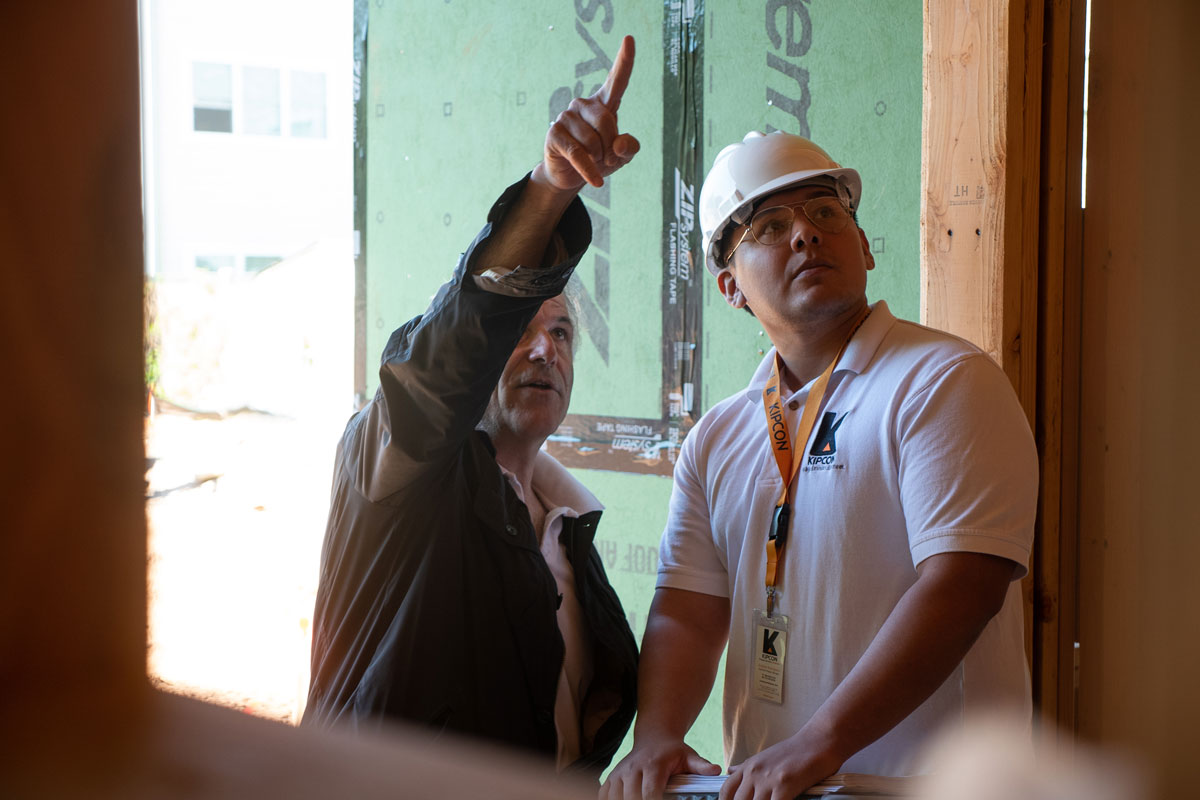In today’s blog, we’re exploring what reserve studies are, how to understand adequate reserve funding, and the changes that lie ahead when it comes to reserve studies and the funding associations may need to consider as part of providing for both the budgetary sufficiency and structural integrity of their communities.
What is a Reserve Study and How Does It Work?
A reserve study is a budgetary planning tool that establishes a stable and equitable Funding Plan to offset anticipated future major common area spending.
A properly executed Reserve Study can help the association to understand how and when they will most likely need to invest in maintenance and repairs while also giving them insight into the potential projected cost so they can anticipate and plan for such expenditures. It’s therefore essential that the calculations in the reserve study are accurate.
The funding plan communities create allows them to plan when it comes to maintaining their communities.
What is Adequate Reserve Funding?
Adequate reserve funding involves accumulating money so that the association can replace common area components when they need replacement. These may include things like roofs and roads, for example.
The exact dollar amount that will represent adequate funding for your community will depend on several factors that are specific to your community. Adequacy can be different for each community even if they appear similar when taken at face value because there are other, unseen factors at play. Understanding these considerations will help you to determine what you need to set aside each year to adequately support the components in your Reserve Study.
To see if your community is properly funded and to obtain a reserve study quote, click here!
At Kipcon, we conduct a Reserve Study and review what needs to be done in your unique situations so that you can provide adequate funding for those costs in your Reserve Study Funding Plan. These efforts help you to properly maintain components over time so that you can save money and reduce life cycle costs.

Kipcon’s Steady Leadership as the Industry Faces Changes Relating to Reserve Studies
In combination with considering reserve funding adequacy, the industry is moving toward greater consideration of structural adequacy as well. There’s now an industry-wide move for reserve studies to include the cost of periodic inspection of the structure to make sure it’s sound. In states like Florida, laws are now in place that require the cost of replacing a structure to be included in a Reserve Study.
While these changes sweep across the industry and across the country, it’s vital for associations to have the right professionals in their corner when navigating the Reserve Study and reserve funding processes.
As an industry leader in the Reserve Study field, Kipcon’s founder, Mitchell H. Frumkin, PE, RS has helped to chair the task force that developed and updated “The National Reserve Study Standards of the Community Associations Institute” and the Reserve Specialist (R.S.) Designation. He is the Co-author of Reserve Funds: How and Why Community Associations Invest Assets (CAI) and Best Practices Paper on Reserves as well as a Task Force member for CAI/DCA/NJBA on Reserve Funding Statutory Requirements.
In the wake of the building collapse tragedy in Florida, Mitch is also co-chairing a national committee reviewing the National Reserve Study Standards and how they relate to the maintenance and ongoing structural adequacy.
Mr. Frumkin’ s task force efforts along with his assistance with a 6-month review of the National Reserve Study Standards make him exceptionally qualified to share his insight on reserve funding and to support Kipcon’s clients in executing effective Reserve Funding Plans.
To learn more about Reserve Studies and reserve funding, as well as the changes that are on the horizon when it comes to structural adequacy in relation to Reserve Studies, be sure to contact Kipcon at (800) 828-4118 or click here!

